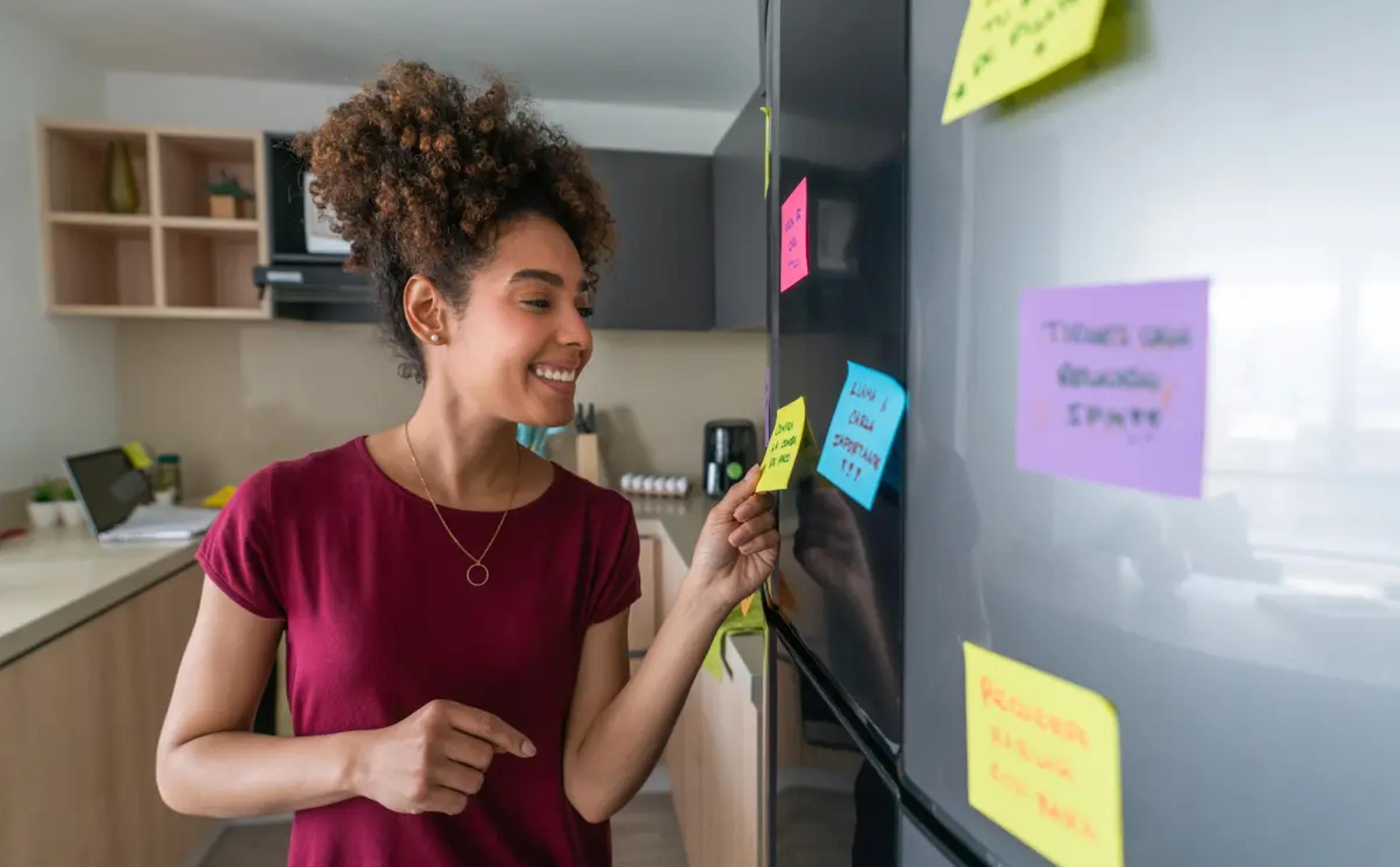
On this episode, Chuck Gaidica is joined by Angela Moore, NASM Master Trainer & Fitness Nutrition Specialist to discuss better ways tackle making a to-do list. Together they explore:
- How effective to-do lists can positively impact your well-being
- Aspects of creating an effective to-do list
- Tools to help streamline to-do lists
- Strategies to help prevent to-do lists from becoming overwhelming
Changing your mindset around to-do lists
It can help to think of to-do lists as “get to do” lists, according to Angela Moore, rather than things you are “about to do” or “need to do.” What do you get to do that will be an accomplishment, or will make your home or health better? Angela Moore shared more tips on how to make better, more effective to-do lists once you are in the right mindset.
How to make better to-do lists
Often, a to-do list is scribbled out or thrown together as you go about the day and come across things that need to get done. It’s important to put thought and planning behind your to-do list, to set yourself up for success and make your to-do lists more manageable and less stressful.
Organize and streamline your to-do list
It is important to categorize your goals and tasks. This is another reason it is important to give yourself time and space to make a proper to-do list. A rushed or hurried to-do list won’t be organized or categorized. Think about what tasks you need to get done in an office, at home, or out and about somewhere outside the home, or if you need anyone else with you to get a task done. Find something that helps you organize your thoughts.
Use to-do lists tools that work for you
Maybe a pen and paper pad are the best way for you to get your thoughts out on paper. Maybe you use a notes app or to-do list app on your phone or personal computer. Whatever works for you, if it is usable, consistent, and accessible when you need it, is a fine solution. Experiment with to-do list tools to find the best fit for you. There are many free online tools for to-do lists and organizing tasks.
Be accurate with your time estimates
Don’t make yourself an impossible to-do list that will feel defeating. Think about the level of energy and time commitment that is needed for the tasks. Take note of how long routine or repeating tasks take you – you may find you are usually underestimating or overestimating how long a task takes. You can also use this as a moment of reflection to look back at the things that you were able to accomplish, Angela Moore said. It can help to be grateful for the things you have been able to get done.
Give yourself time and space to do mental tasks
Not all tasks require the same type of energy and focus. Oftentimes, you may be tempted to multitask and defer more mental tasks to be done while you are doing something else. “If you're trying to do a task and it requires a lot of mental focus, sharp focus, no distractions, it's probably not going to be to your benefit to do that particular task in a time when you're going to be distracted,” Angela Moore said. Make sure to give yourself time and space to get these kinds of tasks done.
Listen to the podcast, Hacks to Improve Your To-Do List, to hear the entire conversation. A Healthier Michigan Podcast is brought to you by Blue Cross Blue Shield of Michigan.
To hear more episodes on your smartphone or tablet, subscribe on Apple Podcast or Spotify or your favorite podcast app.
Image credit: Getty Images
Related:






